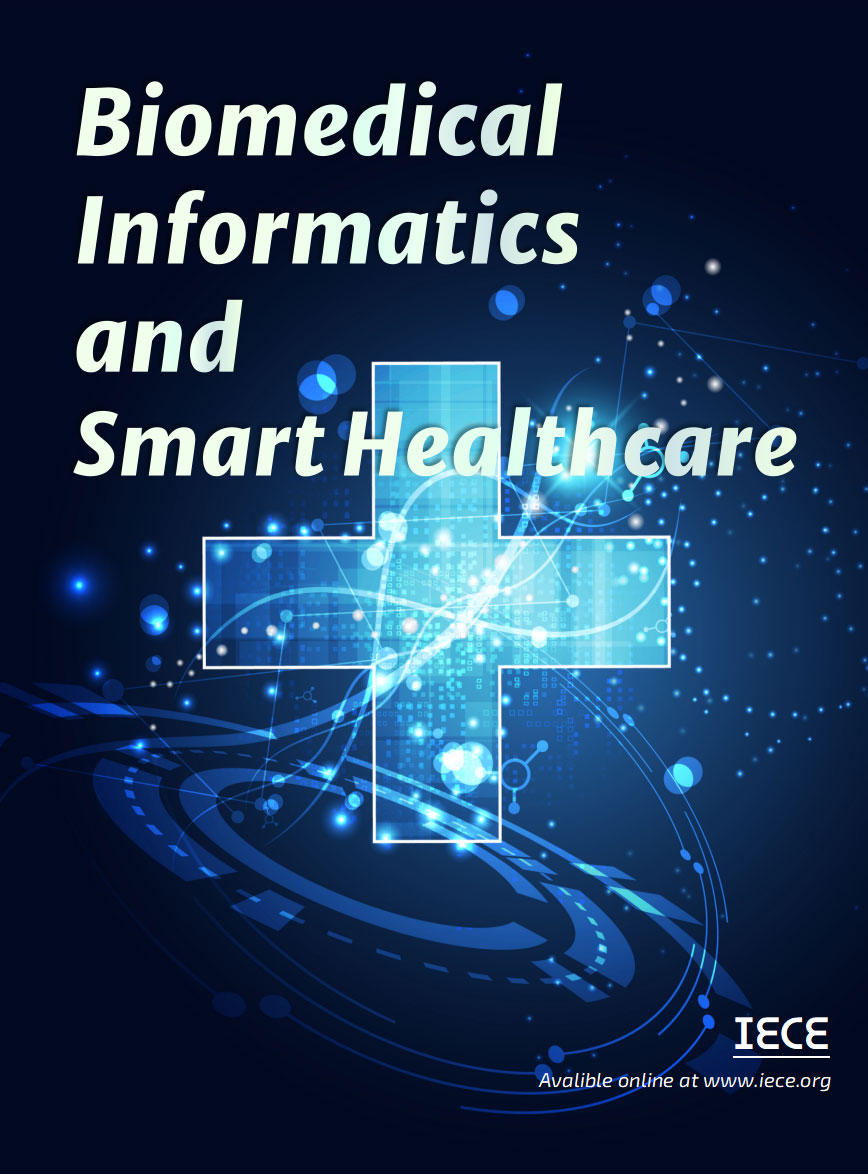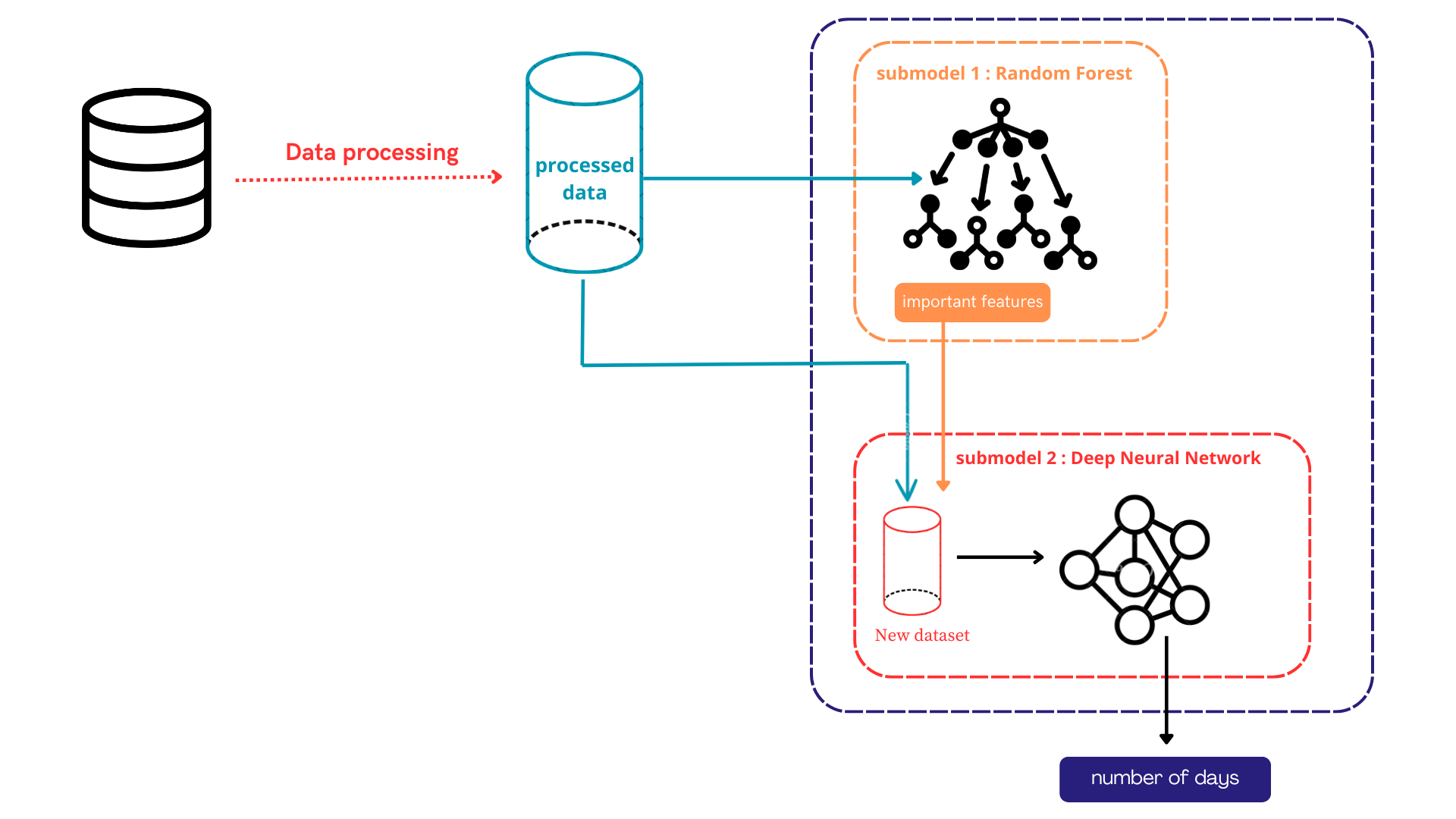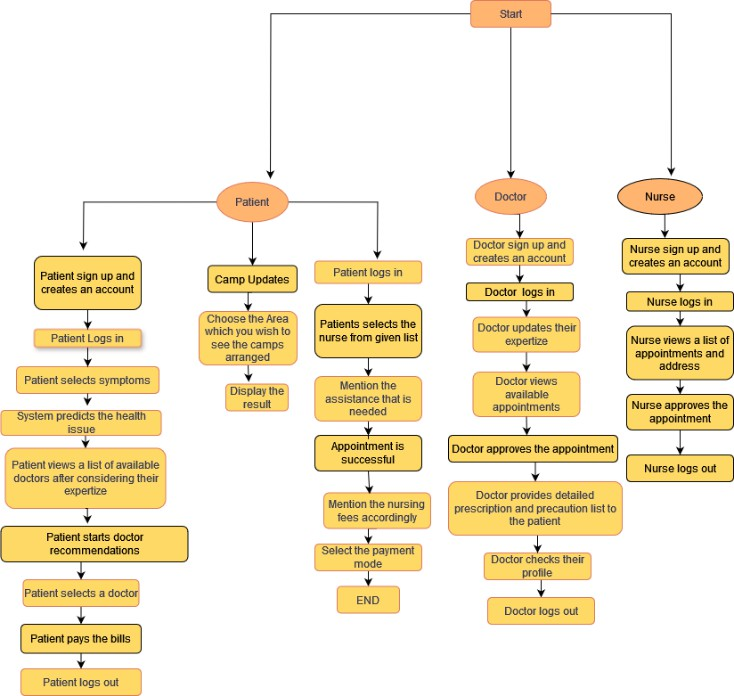Biomedical Informatics and Smart Healthcare | Volume 1, Issue 1: 18-26, 2025 | DOI: 10.62762/BISH.2025.724307
Abstract
Diabetic Retinopathy occurs when elevated blood sugar levels damage retinal blood vessels, potentially leading to vision impairment. In this paper, we have tested the performance of CNN, ViT and their hybrid models. The dataset used is publicly available on Kaggle and the dataset contained around 35,000 retinal images which were divided into 5 classes namely No DR, Mild DR, Moderate DR, Severe DR and Proliferative DR. In CNN we tested 4 different architectures in which we achieved the best accuracy of 75.4% with Resnet50 architecture and with ViT model we achieved an accuracy of 83.9% and from the hybrid model we achieved an accuracy of 88.4% from the Resnet50 + ViT. The results shown by the... More >
Graphical Abstract







